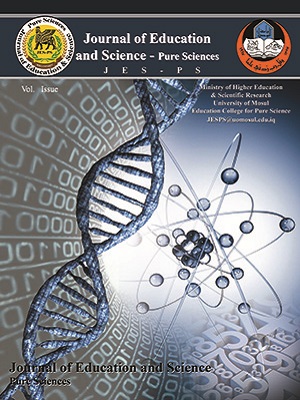Abstract
This research offers detailed insights into managing and preventing meningococcal disease, highlighting Neisseria meningitidis and Neisseria gonorrhoeae as key pathogens. It focuses on the epidemiological diversity and classification of meningococcal serogroups, along with their worldwide distribution. A significant portion of the study is dedicated to advancements in vaccination, especially conjugate and protein-based vaccines, which have markedly enhanced prevention. The study examines the transmission and carriage mechanisms of N. meningitidis, emphasizing its carrier state and potential to cause severe diseases like meningitis and sepsis. It also explores virulence factors such as the polysaccharide capsule, lipooligosaccharide (LPS), and Type IV pili, and their contribution to disease pathogenesis. Additionally, it discusses nasopharyngeal epithelium colonization and the host\'s immune response role. The research ultimately highlights the crucial need for ongoing surveillance, vaccination, and international public health initiatives in effectively addressing meningococcal disease. The research provides valuable insights into the management and prevention of meningococcal disease. It emphasizes the critical role of vaccination, the need for ongoing surveillance, and the importance of global public health initiatives to mitigate the impact of this disease.
